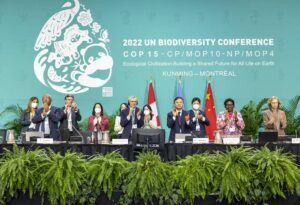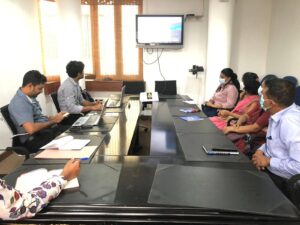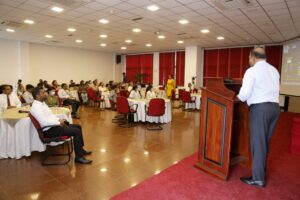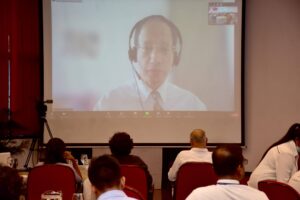Did you know that September 21st is Zero Emissions Day? The purpose of this day is to give our planet a break from fossil fuels and what they release into the air, at least for one day, every year. This encompasses greenhouse gasses, polluting substances, microparticles, and other things that are harming our planet. The importance of Zero Emissions Day is paramount because it aims to encourage the use of renewable energy sources, as opposed to finite fossil fuels. The primary message associated with the day is “Giving our Earth a day off every year.” This day is devoted to increasing public awareness of potential sources of air pollution and viable solutions for reducing the harm that our everyday emissions may do to the environment. It is an excellent chance to learn about renewable energy sources and natural resources that may be used instead of sources of air pollution.
Biodiversity Sri Lanka celebrated Zero Emissions Day in partnership with its Patron Member, Diesel & Motor Engineering PLC (DIMO). Prof. Ajith de Alwis, Dean of the Faculty of Graduate Studies of the University of Moratuwa focused on emissions from the food and agriculture sector, which is not always considered to be important. He highlighted that one of the primary sources of nitrogen emissions is from fertilizer – emissions from this source being 300 times more dangerous than from carbon dioxide emissions, having detrimental impacts on the environment, including climate change. In order to survive, guaranteeing adequate food security for the people whilst also maintaining the safety of the environment, stringent and responsible management measures must be put in place.
Since all main pollutants have an effect on the climate and the majority of them come from the same sources as greenhouse gases, which cause global warming, air pollution, and climate change are intimately related. Additionally, pollution particles are harmful to human health, which results in acute illnesses like asthma. The right to raise children in a clean and healthy environment will be violated if one lives in an area where harmful chemicals are present in the air. Both children and adults will have a variety of behavioral and mental health concerns as a result. Simply said, it appears that in such a stressful atmosphere, individuals cannot appreciate the serenity and beauty of nature. Enhancing air quality will help our environment, economy, and health.
To lessen air pollution, it would be fantastic if we could lower our carbon footprint and greenhouse gas emissions. Use public transportation whenever available, ride your bike instead of driving, and unplug your electronics when not in use to conserve energy. Companies must embrace environmentally friendly activities including recycling, using renewable energy, and promoting sustainable methods, create and introduce newer, more environmentally friendly goods and services, and raise their positive carbon footprint. As a nation, we can generate electricity using natural resources and renewable energy sources like wind and solar energy.
Let’s celebrate our planet and learn how we can all work together to safeguard nature!















